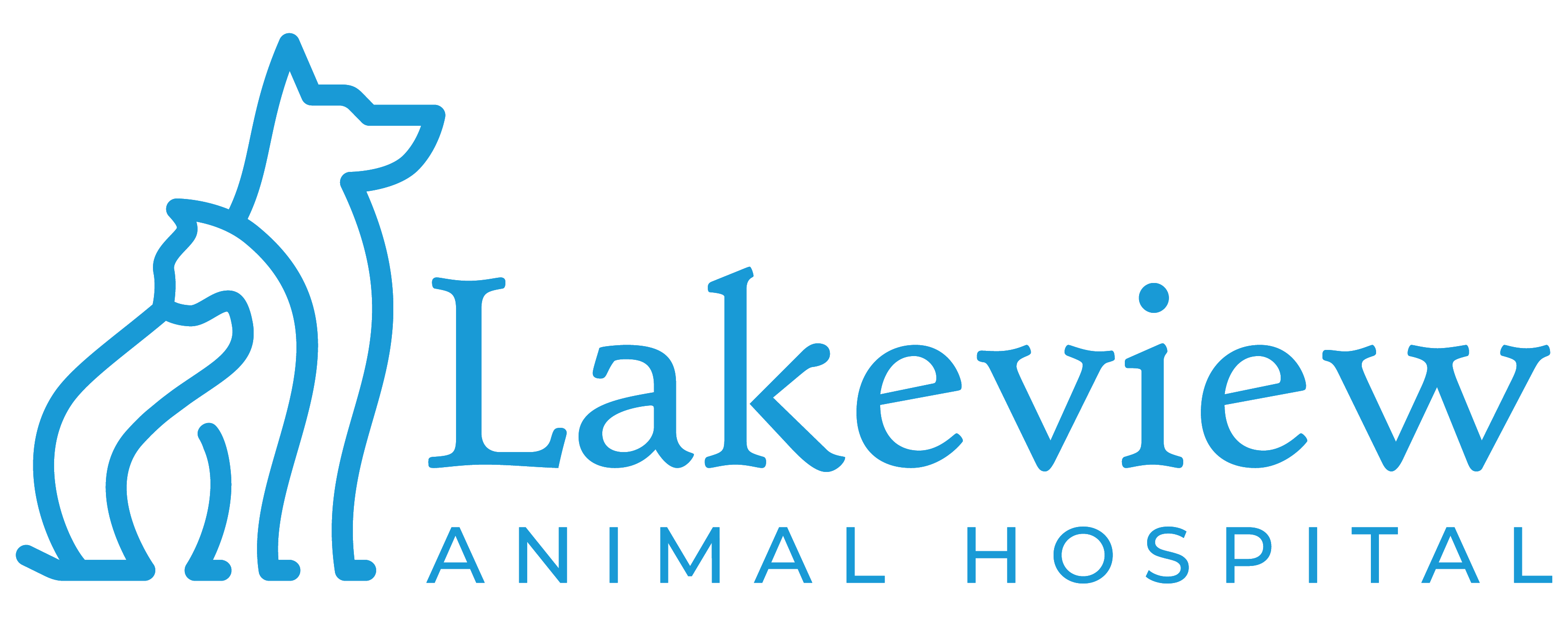Educational Articles
-
Benign fibrous skin tumors can go by many names and in many cases don't need treatment. Surgical excision can be curative unless certain types are due to an underlying tumor elsewhere. The main focus in many cases is addressing underlying allergies or sources of pressure. To adequately diagnose these tumors, a biopsy and histopathology are usually necessary.
-
Mammary tumors develop due to abnormal reproduction of the cells that make up the breast tissue. They can be benign or malignant. The incidence of these tumors is related to hormone status, specifically whether a dog is intact or has had an ovariohysterectomy, age, and breed. Because dogs can have both benign and malignant tumors at the same time, surgical removal and histopathology of all tumors are very important.
-
Benzoic acid + malic acid + salicylic acid (brand name Derma-Clens®) is an acidic cleansing agent used on burns, wounds, and other skin conditions in cats and dogs. Benzoic acid + malic acid + salicylic acid comes in a topical cream.
-
Benzoyl peroxide topical products (2%, 5%) are used in cats and dogs to treat bacterial infections of the skin. They are available as over-the-counter veterinary products in the form of shampoos, gels, and cream rinses.
-
Betamethasone + gentamicin topical, also known as gentamicin/betamethasone topical (brand names GenOne Otic, Betagen, Vet Beta-gen, Gentacalm), is a combination antibiotic and steroid used to treat superficial skin infections and ear infections. It is labeled for use in cats and dogs to treat infections of the anal glands, ears, and skin. This medication comes in liquid drop solution, spray, and ointment forms. Avoid use in pets with ruptured ear drums.
-
Betaxolol ophthalmic is a topical eye medication prescribed off-label in veterinary medicine to treat glaucoma in dogs, cats, and horses. It comes as a liquid eye drop to be administered on the surface of the eye.
-
Bethanechol chloride is given by mouth or injection and is used off label to increase urinary or intestinal movement/activity. Give this medication as directed by your veterinarian. Common side effects include vomiting, diarrhea, drooling, and lack of appetite. Do not use in pets that are allergic to it, or have urinary obstruction, stomach ulcers, gastrointestinal obstructions, intestinal inflammation, or recent intestinal, stomach, or bladder surgery. If a negative reaction occurs, please call your veterinary office.
-
Bilberry is an over the counter supplement given by mouth, and is used off label to treat conditions of the eyes, heart and blood vessels, diabetes, and tumors. Give as directed by your veterinarian. There are no known side effects, but information is limited. There are no known contraindications. Certain medications should be used with caution in combination with bilberry. If a negative reaction occurs, please call your veterinary office.
-
Bile acids are compounds that are made in the liver and stored in the gall bladder and help with digestion of foods. The bile acid test is a very useful test that helps to determine if the liver is working properly. An abnormal bile acid test result indicates there is a problem in the liver, but it does not provide information about the cause, severity, or reversibility of the problem. Further testing is required to investigate the problem.
-
Bimatoprost ophthalmic is a topical eye medication prescribed off label to treat high fluid pressure and primary glaucoma in the eyes of dogs. It comes as a liquid eye drop to be administered on the surface of the eye. Bimatoprost ophthalmic is a prostaglandin. Pregnant women may wish to avoid the use of this drug in their households.

